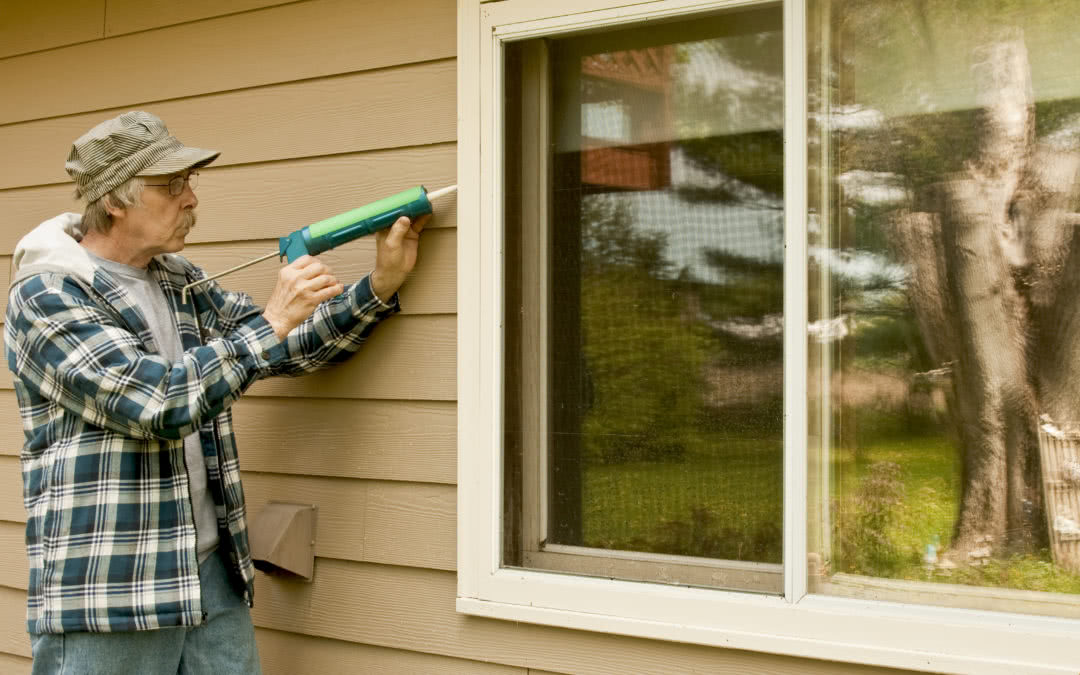When budgets are tight and it seems like we never have enough, we hope to get the most out of every dollar we spend. We turn to coupons, deals and plenty of research. We cut stress by taking control of and maximizing our spending. But sometimes, homeowners in Greensboro, North Carolina, are surprised by costly expenses. How you treat your system will determine whether you maximize your HVAC lifespan, giving you time to save for an upgraded unit.
Know Your Home’s Heating Requirements
When it comes to heating systems, size matters. Some homeowners think that installing a larger heating system will lead to a cozier home that heats more quickly. Unfortunately, that’s not the case.
Your heating and cooling system should be specifically fitted to the needs of your home to avoid unnecessary efficiency loss, which adds strain to the HVAC system and reduces its lifespan.
Professional service technicians can determine the heating and cooling needs of a living space by taking measurements of your home. Using those measurements, your local service technician can help you find a system that’s the right size.
Is it worthwhile to replace a system that’s too large or small for the space? That’s up to you, but know that a system that’s too large will experience short cycling. A small system will strain to meet the home’s load requirements, meaning your system will likely breakdown soon.
Do Your Part
While most hands-on HVAC maintenance should be left to professionals, there’s still plenty you can do to maintain efficiency and maximize your HVAC system’s lifespan. Check the system’s air filter every month, and replace it as needed. Otherwise, the clogged filter will inhibit airflow and add strain to the system. It’ll also lead to poor indoor air quality.
Believe it or not, you can also maximize your system’s efficiency by simply keeping your home clean. The more dust and clutter around your home, especially around the indoor and outdoor units of your HVAC system, the more difficult it is for the system to maintain comfort. Establish habits of cleanliness, and your system will live a long life.
Seal Your Home
Another key to maximizing your system’s lifespan is to contain the comfort it provides. Your home might have leaks that allow air to escape.
As warm air leaves the home, cool air often enters in its place, making it more difficult for your heating system to keep your living space cozy. If you’re concerned air may be escaping your home, check for drafts around doors and windows. Use weatherstripping and caulk to seal those leaks. Excessive dirt and dust can often indicate an air leak, too.
Attics are another area of the home where air often escapes. This is usually because there isn’t sufficient insulation, or there are gaps between the wood and plumbing pipes or outlet boxes.
You can spray expanding foam around pipes and other gaps to improve airflow, but you’ll want to call in the professionals to ensure the attic is properly insulated. Without sealing your attic, you’ll lose warm air as if it were escaping outdoors.
With proper care, regular maintenance and efficient habits, your heating system should last about 15 years. Once your system has surpassed that age, efficiency will drastically decrease. The sooner you can upgrade to a more energy-efficient unit, the better.
Replacing your heating system is unavoidable, but you can take control of how long yours lasts. By maximizing HVAC lifespan, you can prepare for the expense of a new system. To shorten the search for the perfect new heating system, call Charlie’s Heating and Cooling at (336) 629-5453.
Image provided by Shutterstock









